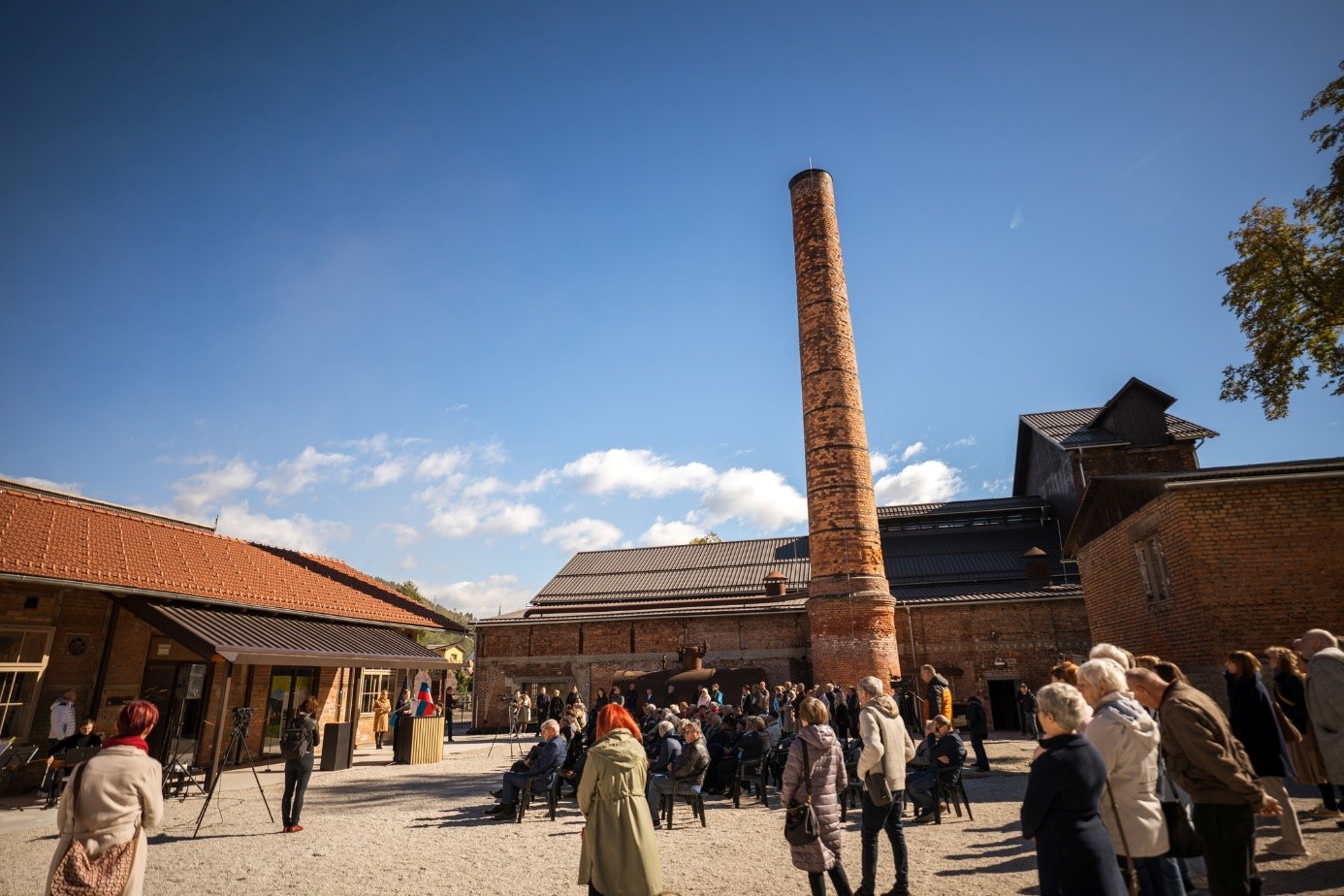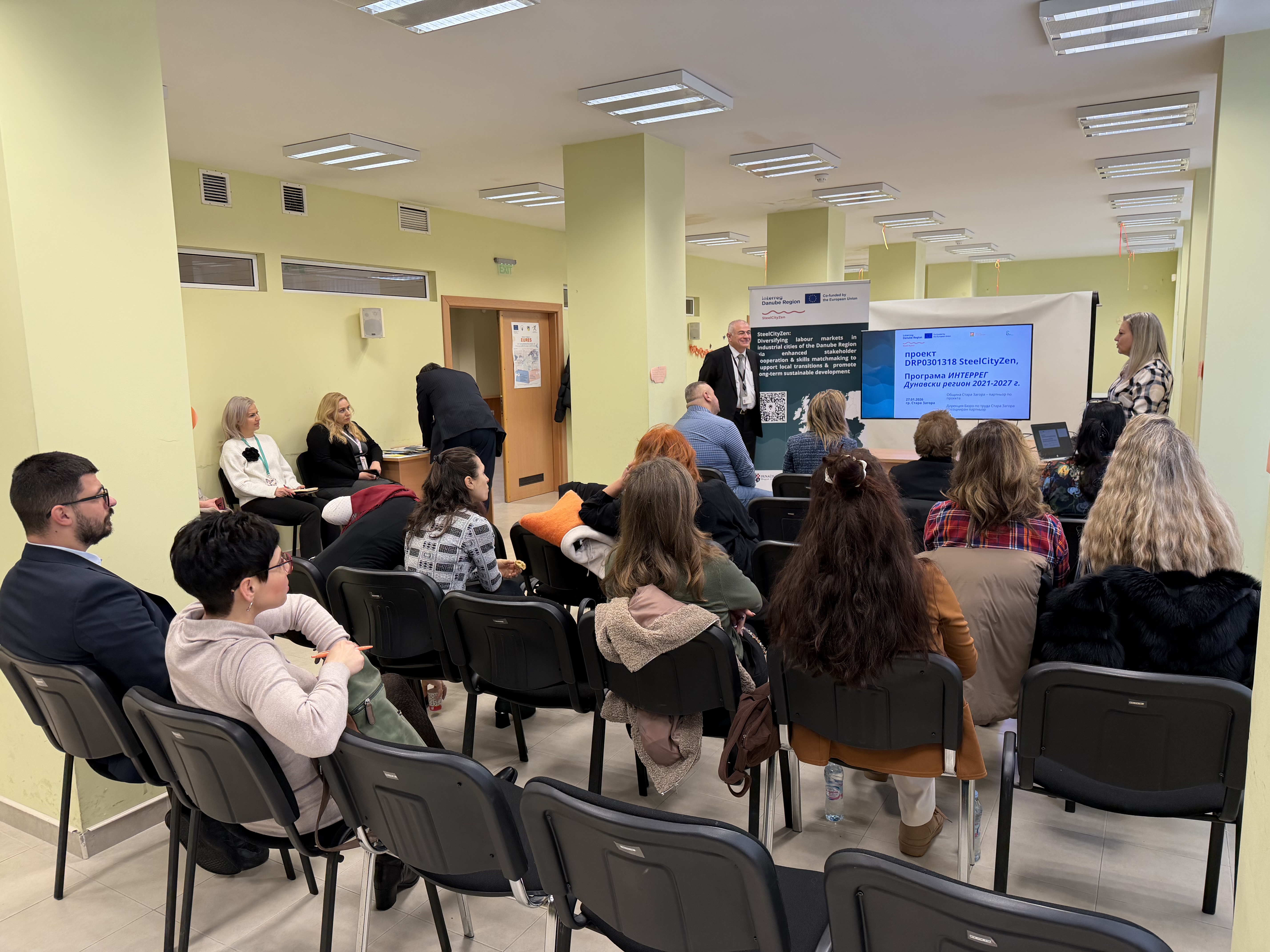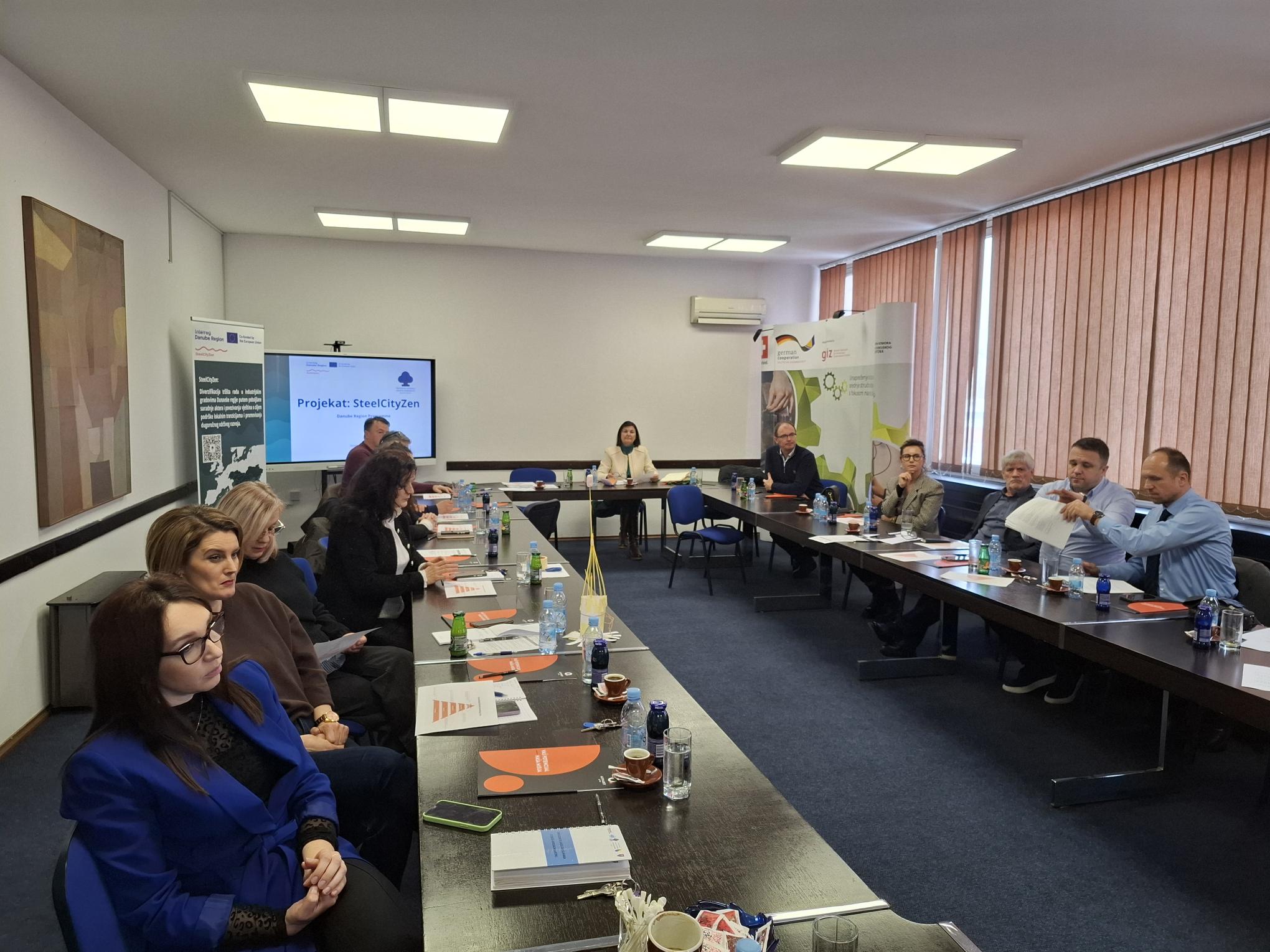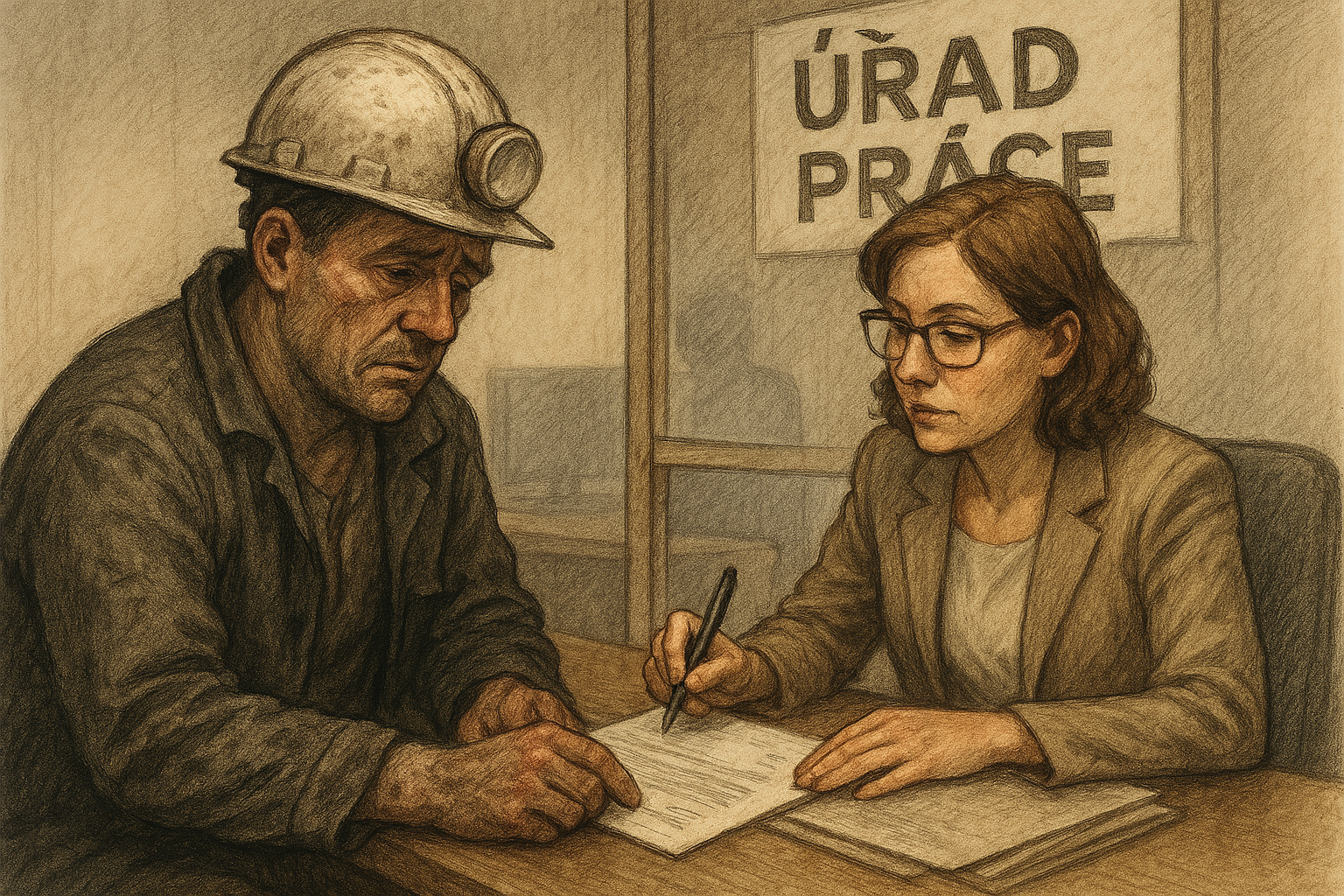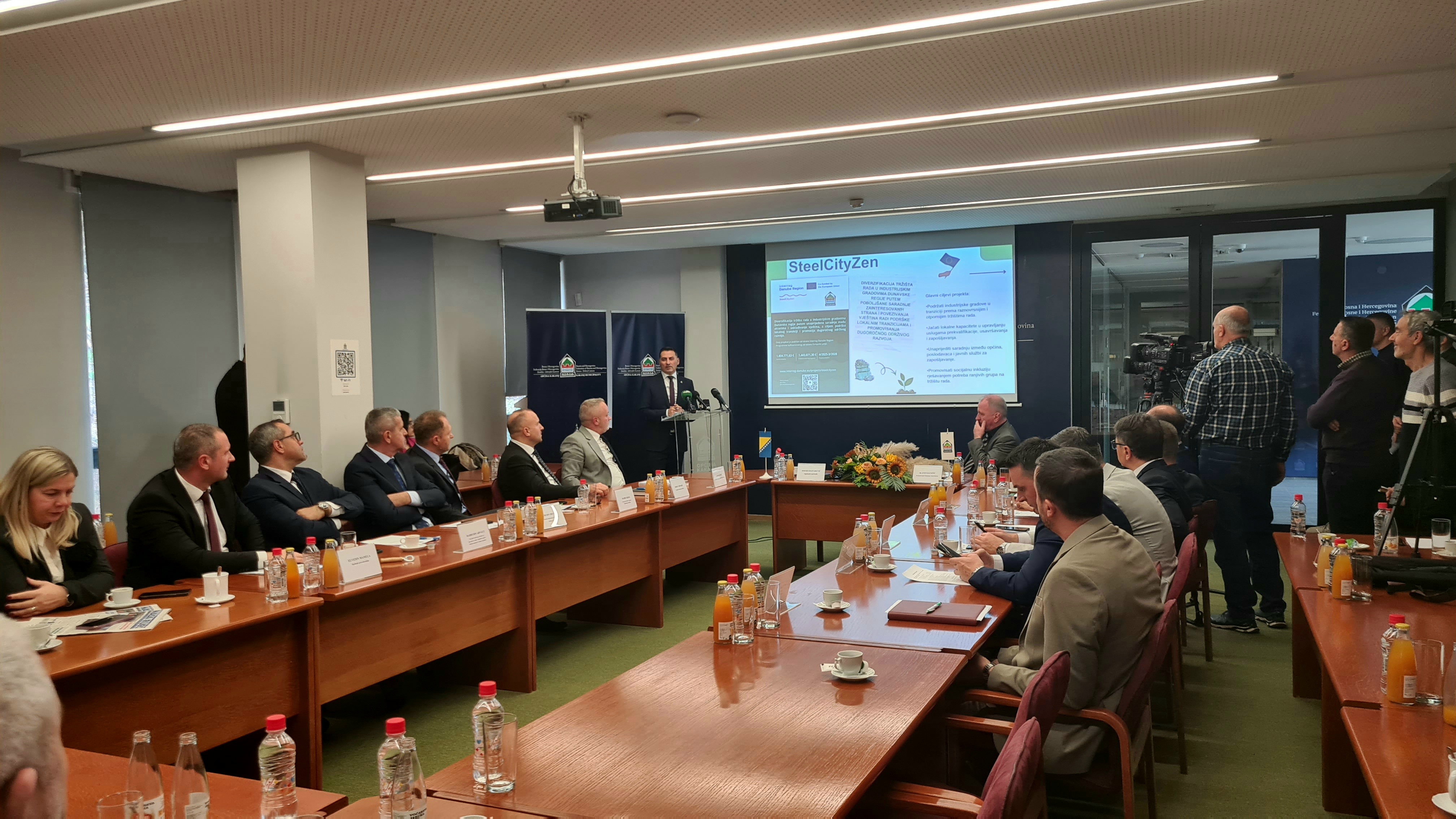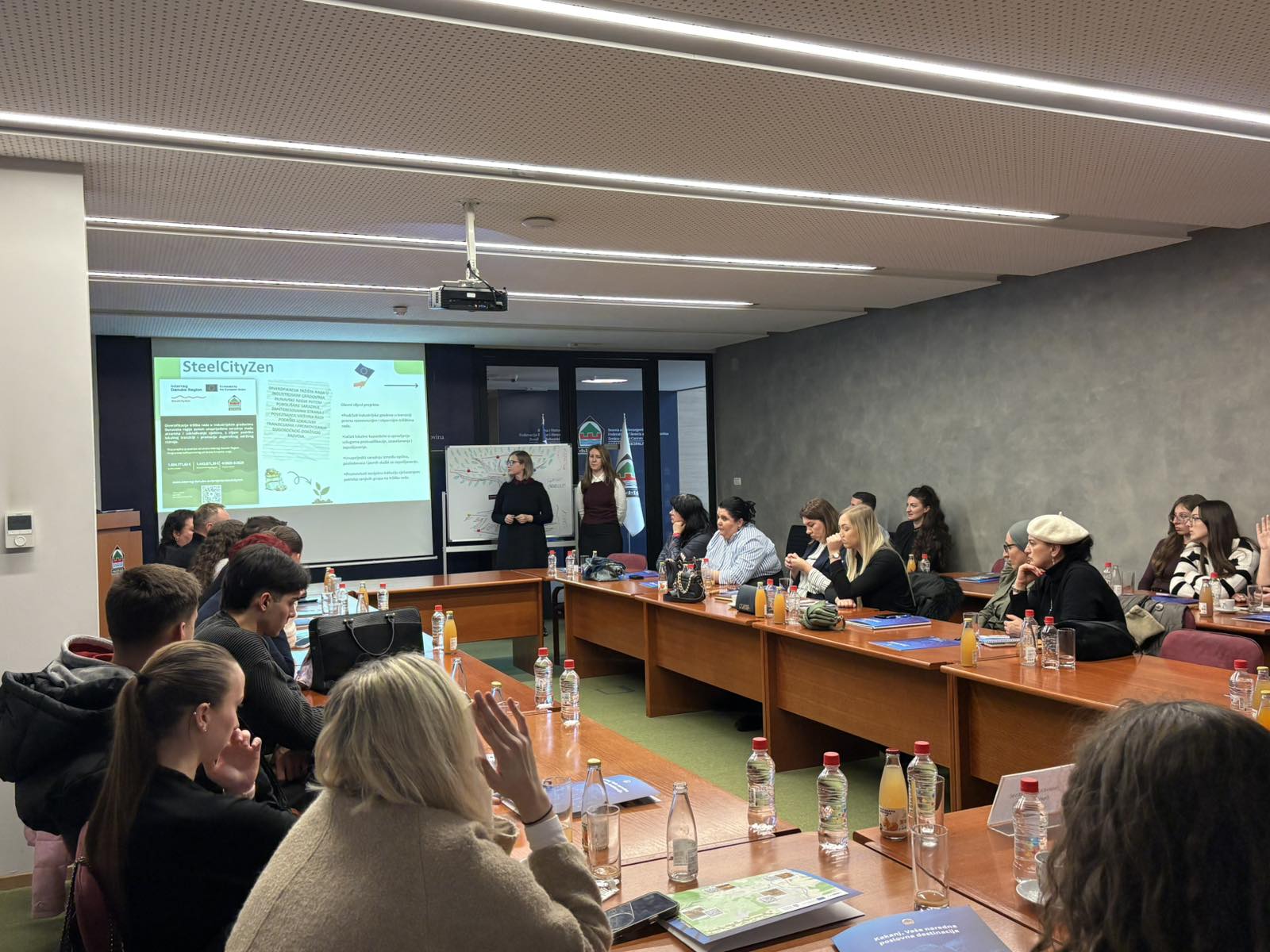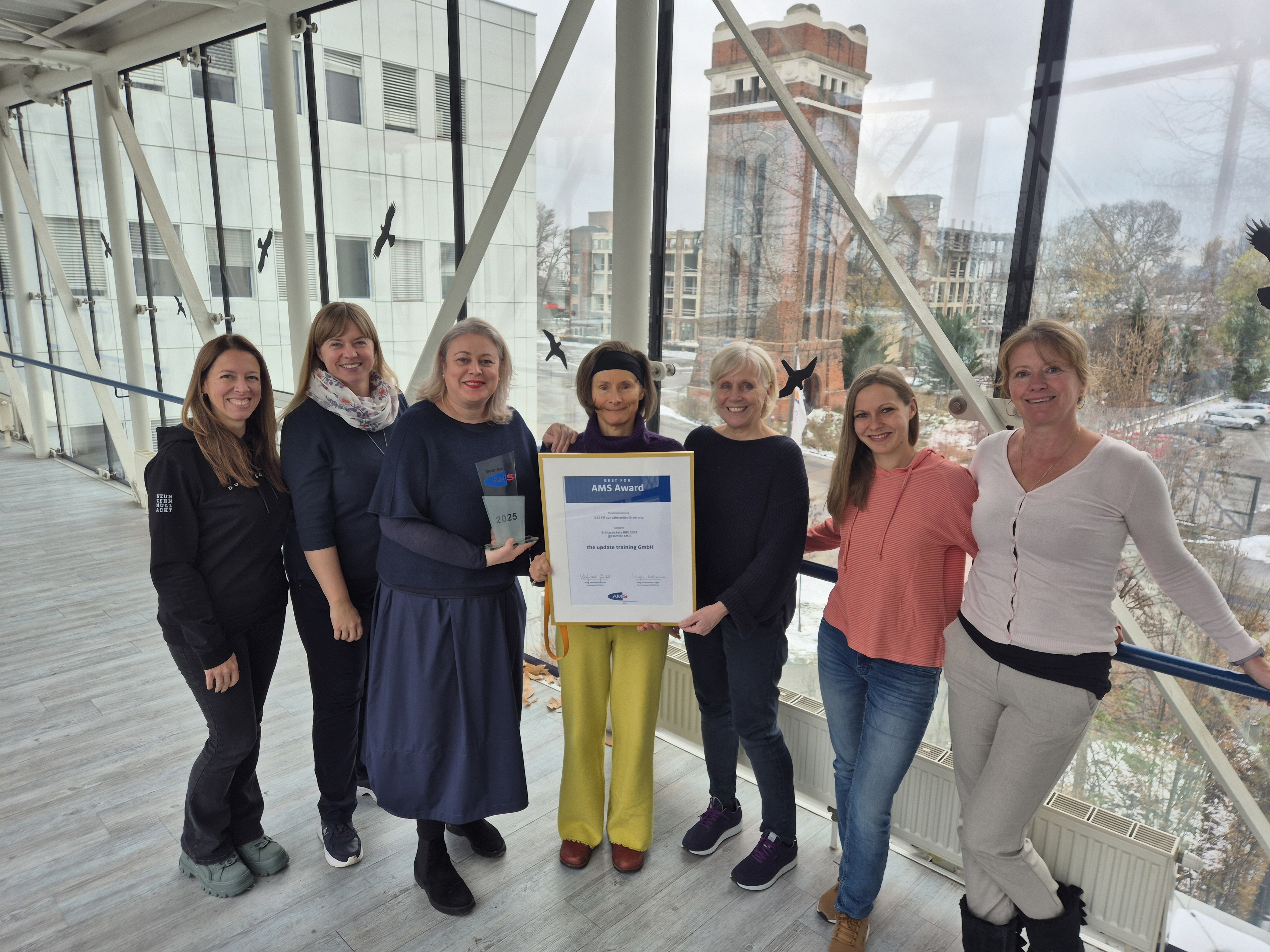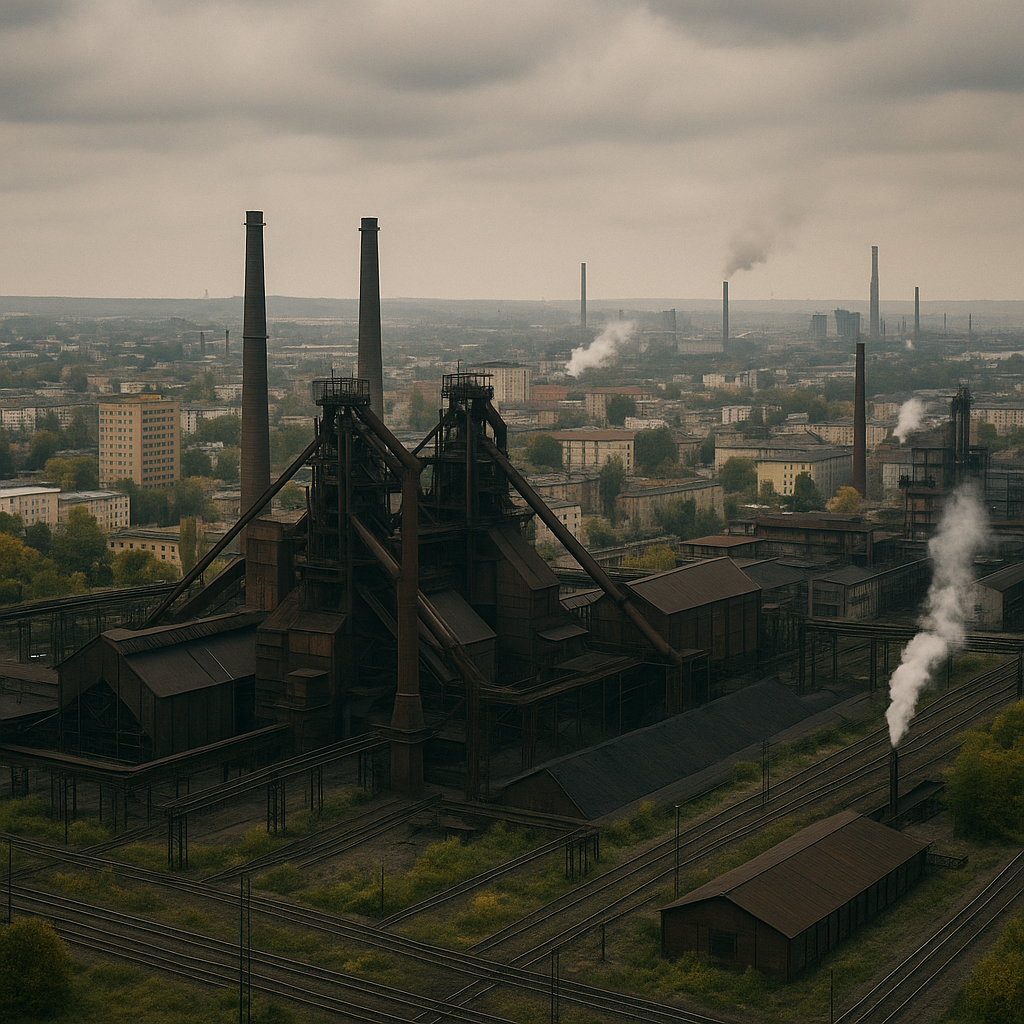
SteelCityZen Objective 1: Municipalities Take the Lead in Labour Market Diversification
Next articleDanube Region towns are reclaiming their role in shaping future-ready local economies.
As Europe advances towards a green and digital transition, the pressure on traditional industrial cities to evolve has never been greater. For municipalities across the Danube Region, the challenge is not only economic, it is structural and deeply social. The SteelCityZen project, co-funded by the Interreg Danube Region Programme, responds to this challenge by placing local governments at the centre of labour market transformation.
Launched in early 2024, SteelCityZen is a collaborative effort of 11 partners from nine countries, led by the Municipality of Dunaújváros in Hungary. The project aims to support (mono)industrial cities in navigating economic transitions by strengthening their capacity to diversify local labour markets. The first and most fundamental objective is to empower municipalities to guide and coordinate these processes effectively, a role they have often been excluded from in national labour market policy design.
From Passive Administrators to Strategic Actors
Historically, labour market support has been the remit of national or regional institutions. But these structures are often slow to respond to local needs, especially in cities heavily reliant on a single industry. In many Danube Region towns, this means entire communities face volatility when key employers falter. The result: structural unemployment, low re-skilling rates, and growing socio-economic divides.
SteelCityZen addresses this gap by helping municipalities develop strategic coordination roles. Through joint planning, stakeholder engagement, and new institutional frameworks, the project strengthens their ability to:
Map skills gaps and employment vulnerabilities,
Initiate local cooperation with employment agencies and businesses,
Coordinate re-/upskilling schemes aligned with regional development priorities.
In Dunaújváros, where nearly half the working population is connected to the steel sector, this leadership role is not optional, it is essential. The city’s economic cabinet is directly involved in the project, with support from technical departments and local chambers. Their aim: to move from reactive employment measures to proactive planning in line with green and digital restructuring.
A Model for the Danube Region
This approach is not limited to Hungary. Partner cities across Romania, the Czech Republic, Slovenia, Montenegro, and beyond are testing the same framework in different contexts. Some, like Ostrava, face urgent industrial collapse; others, such as Nikšić, are already experimenting with new cooperation models between local authorities and employers.
Building capacity at municipal level, SteelCityZen is establishing a replicable model for place-based labour market governance one that recognises that employment transitions must be rooted in local realities, not imposed from above.
The project also invests in long-term policy uptake: municipalities are not only piloting new tools, but also integrating lessons learned into local development strategies and cross-border policy dialogue.
“Empowering municipalities is not just an operational detail it’s a political choice. It reflects the project’s commitment to subsidiarity and sustainable territorial development”
Looking Ahead
As SteelCityZen moves into its first full year of implementation, the role of municipalities will remain central. With pilot actions under development and stakeholder engagement ramping up, the project is laying the groundwork for a new paradigm: one where Danube Region towns no longer wait for change, but lead it.
The next article in this series will explore the second objective: how flexible, locally adapted support systems can better respond to employment vulnerabilities across the Danube Region.
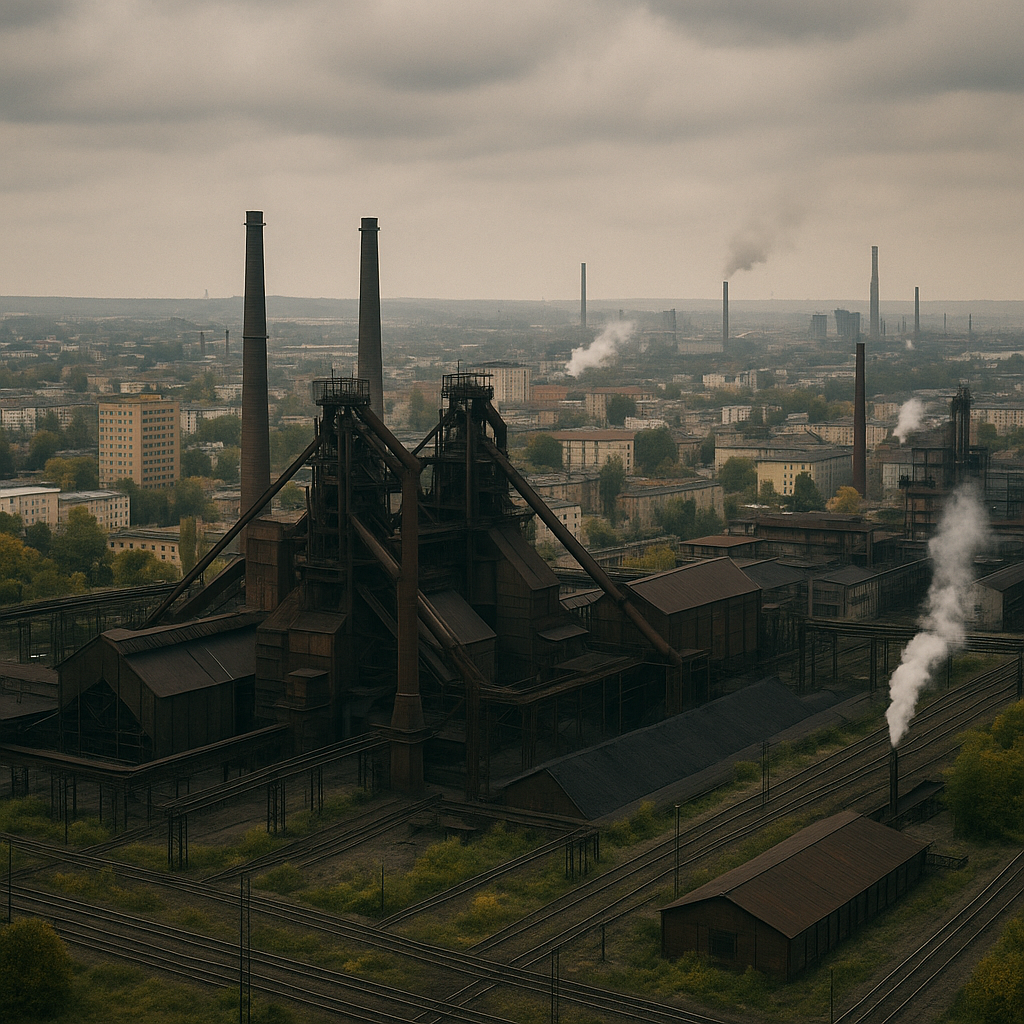
News & Events
Read the most recent updates and explore the upcoming events.

